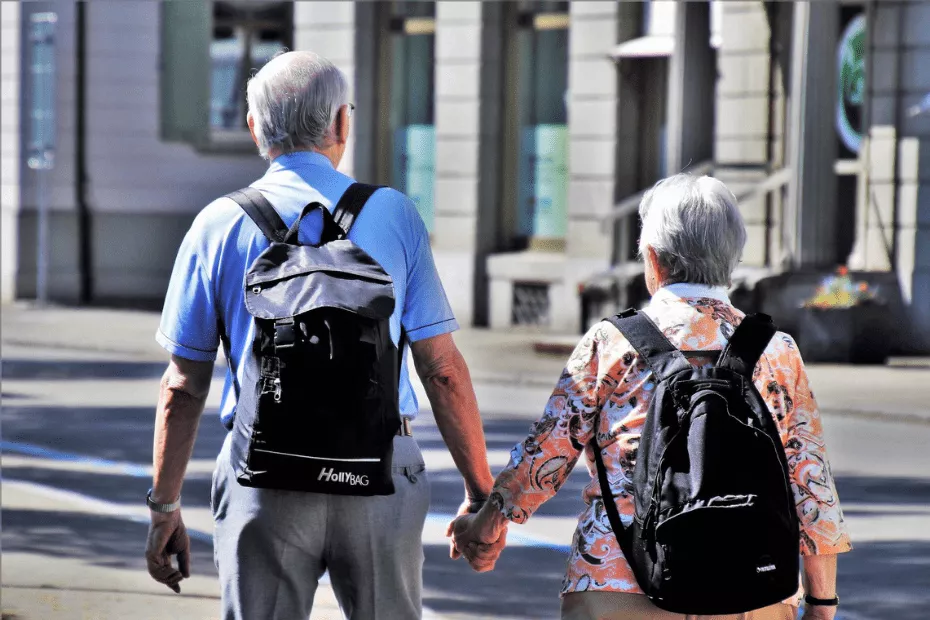Section 8 housing, designed to provide financial assistance to low-income renters by the state government, offers vouchers to help alleviate rent burdens. These vouchers can be used in public housing (project-based vouchers) or leased from private landlords (tenant-based vouchers). Adhering to specific regulations and guidelines is imperative for continued receipt of Section 8 benefits, as non-compliance could lead to eviction or loss of benefits. This article outlines five crucial rules governing Section 8 housing.
- No Breach of Lease Agreement While certain behaviors like criminal activity, property damage, and disturbances are universally understood grounds for eviction, lesser-known breaches in your lease could also jeopardize your voucher eligibility. Particularly when leasing from private landlords, meticulously review your lease to comprehend potential violations.
- Approval Required for Pets Possessing a pet in Section 8 housing is generally permissible, contingent upon obtaining permission and complying with specific building rules. Leases should address this issue. Note that service animals might not be subject to the same restrictions, and a security deposit might be required.
- Timely Reporting of Damage All damages, irrespective of scale, must be promptly reported to avoid lease violations. If repair costs are due, the Housing Authority can pay the landlord on your behalf, with you subsequently reimbursing the Housing Authority. Documenting correspondence with your landlord is advisable, as well as recording any initial damages upon moving in.
- Prompt Notification of Changes Alterations in household composition, whether due to additions or reductions, must be reported within 10 days. If unreported individuals are discovered to be residing with you, you risk losing your voucher. Income fluctuations should also be reported within the same timeframe, accounting for the entire household’s earnings. Voucher amounts may be adjusted based on household income.
- Controlled Guest Duration Unlisted guests, including relatives and partners, may stay for a maximum of 15 consecutive days or a total of 30 days within a year. Exceeding these limits jeopardizes your voucher status. Extensions can be sought, but timely application is vital to prevent potential retroactive rent increases or eviction.
Bonus: Smoking Regulations Smoking is prohibited within public housing units and typically within a 25-foot perimeter of the building to ensure the well-being of other residents. Private rentals might vary, depending on lease terms. If unclear, consult your landlord for clarification. Designated smoking areas may exist outside smoking-restricted zones.
Being well-informed about these rules is paramount for maintaining your Section 8 benefits and ensuring a smooth, harmonious housing experience.



Test